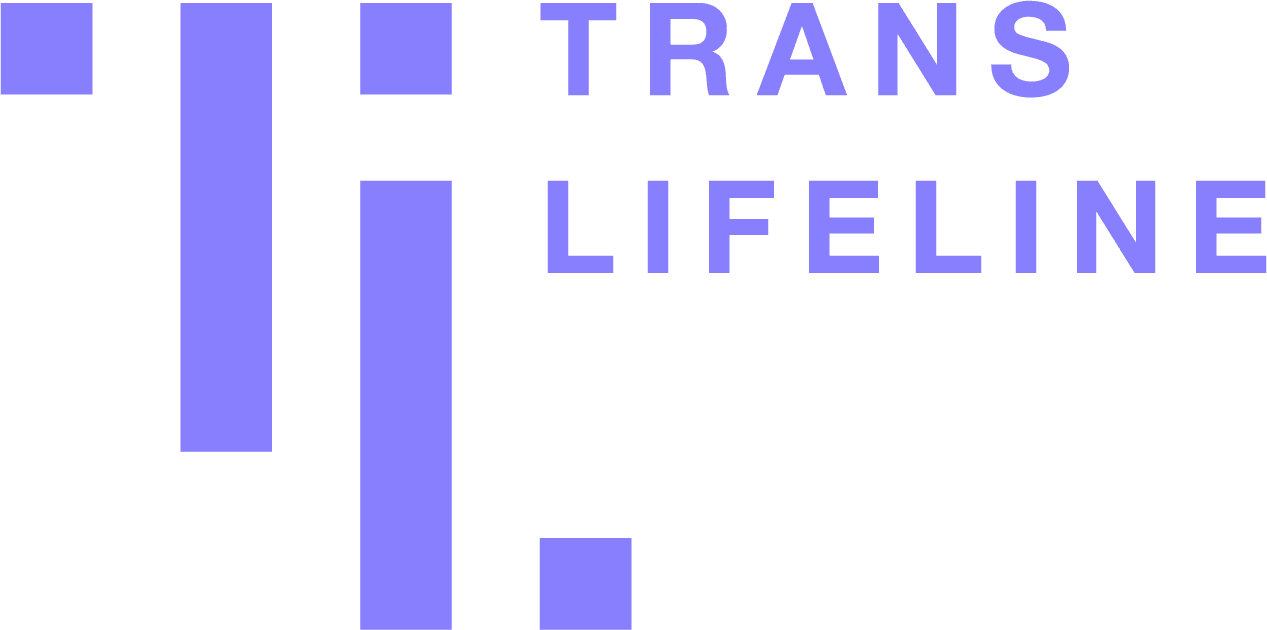We’re committed to showing up for our community with the same care that we offer each other, because we’re not just serving this community, we’re also part of it. And as a team of trans and queer people, we are navigating through the grief and fear of today, and also the joy and strength alongside you. Our rest isn’t just a break—it’s how we stay grounded, connected, and ready for the continued support ahead.

Starting Thursday, July 3 through Sunday, July 13th, 2025, Trans Lifeline will be taking a collective rest period. This is a total of five service days on our hotline. Especially in light of recent news, such as the defunding of crucial services for LGBTQIA2S+ youth, we want to be absolutely clear: Trans Lifeline is stable and unwavering in our mission. This intentional pause is precisely what allows us to remain strong, resilient, and ready for the long haul. We have been tending to our team and asking how they are holding the times we are living in, and it became clear that advocating for this pause – allowing us to tend to our lives outside of work and reconnect with loved ones—is essential to sustain our life-affirming work for the long haul. Rest and being with our loved ones is so needed and necessary for all of us.
Our hope in doing this is that we will be able to come back with a renewed sense of purpose and clarity we need to keep serving our community. We will be back on Monday, July 14th!
We understand that the current political landscape is especially difficult for our communities. We’ve put together this resource list in the hope that it can offer some solace and support during this challenging time. We remain committed to our community and the fight for trans liberation
Hotlines and Warmlines
Please note that, in most cases, these hotlines and warmlines can provide alternatives to police intervention and avoid using police. It’s always good to ask about their policies before disclosing information that could lead to an involuntary intervention or forced hospitalization. Some utilize other first responders, such as mobile crisis units with mental health professionals, who are mandated reporters and can administer psychiatric assessments that may trigger forced hospitalization.
Self-help and Coping Strategies
Supporting a Friend in Crisis
Providers and Additional Resources
Share this: Choose your platform!

